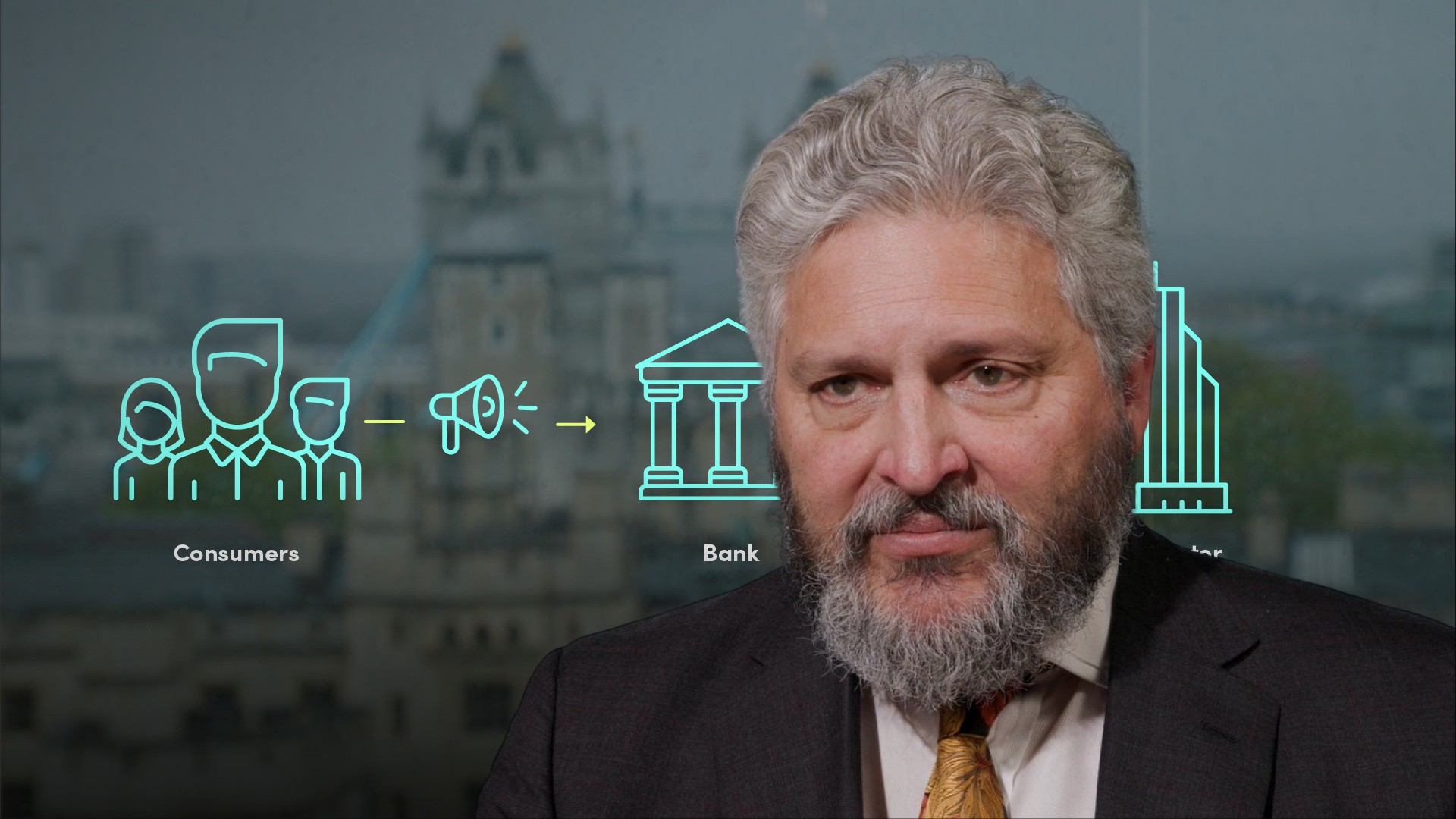
The Role of Stakeholders to Minimise Greenwashing

Keith Mullin
35 years: Capital markets editorial
In the second video of this series, Keith talks about moves to harden the regulatory requirements around data disclosure, which many agree are needed to make green finance more credible.
In the second video of this series, Keith talks about moves to harden the regulatory requirements around data disclosure, which many agree are needed to make green finance more credible.
Subscribe to watch
Access this and all of the content on our platform by signing up for a 7-day free trial.

The Role of Stakeholders to Minimise Greenwashing
10 mins 26 secs
Key learning objectives:
What is the role of investors in calling out greenwashing?
What role can government and regulators play in calling out greenwashing?
How are customers protected from being misled?
What is the role of the European commission in improving companies' non-financial performance?
Overview:
The regulatory landscape is shifting towards formal disclosure and potential sanctions for non-compliance. The EU is leading the way but this is a global endeavour. Concrete steps are being taken to enforce data disclosure and standards, which will help investors and consumers make informed decisions
Subscribe to watch
Access this and all of the content on our platform by signing up for a 7-day free trial.
Subscribe to watch
Access this and all of the content on our platform by signing up for a 7-day free trial.

Keith Mullin
There are no available Videos from "Keith Mullin"





























